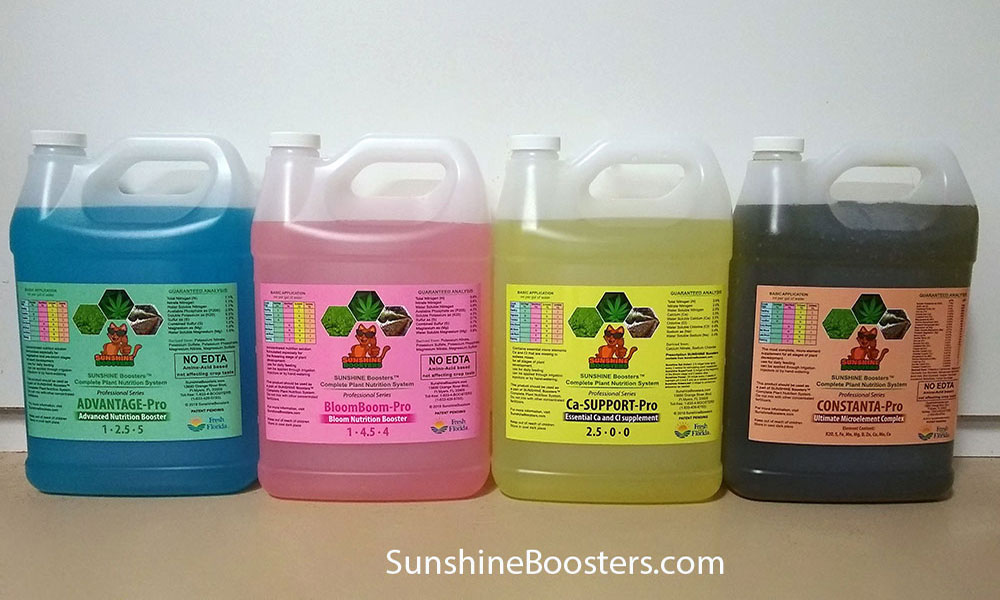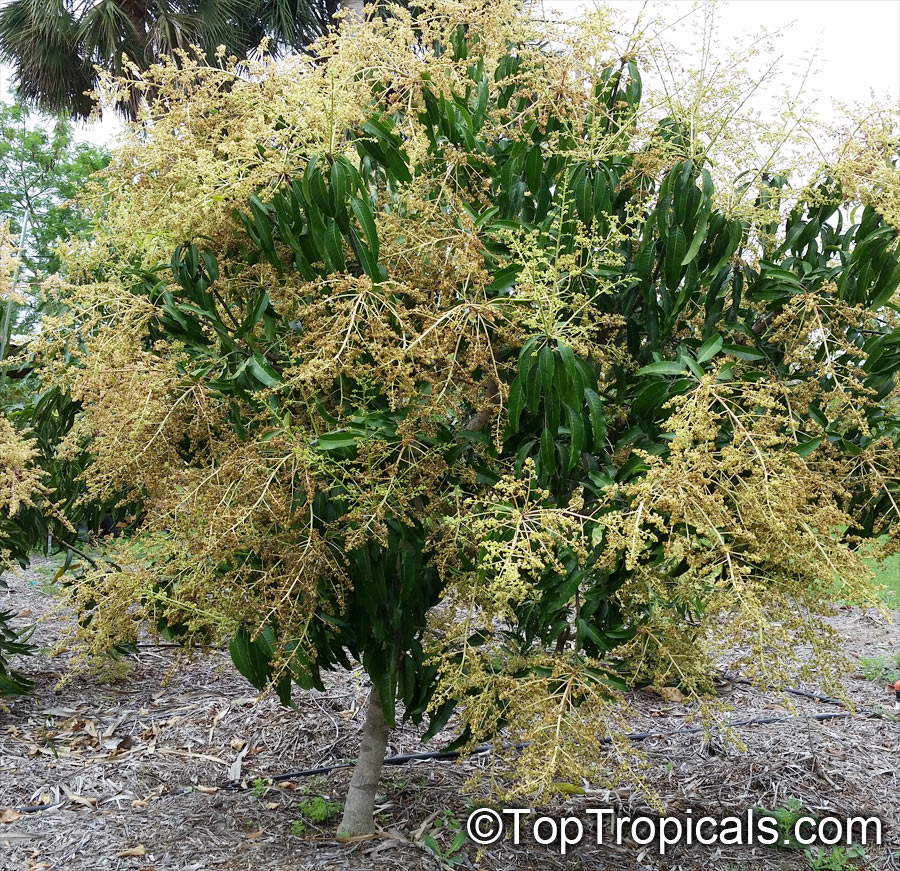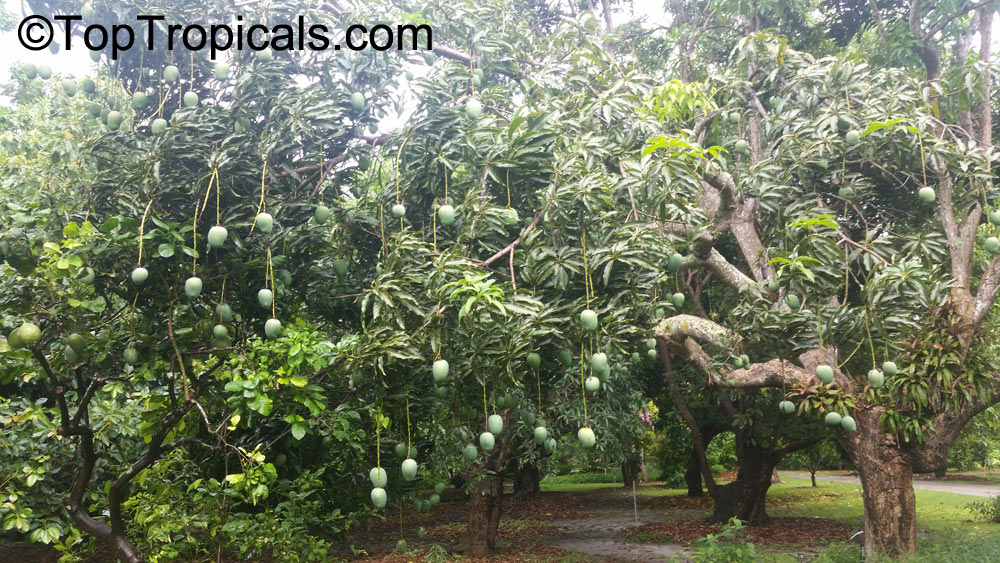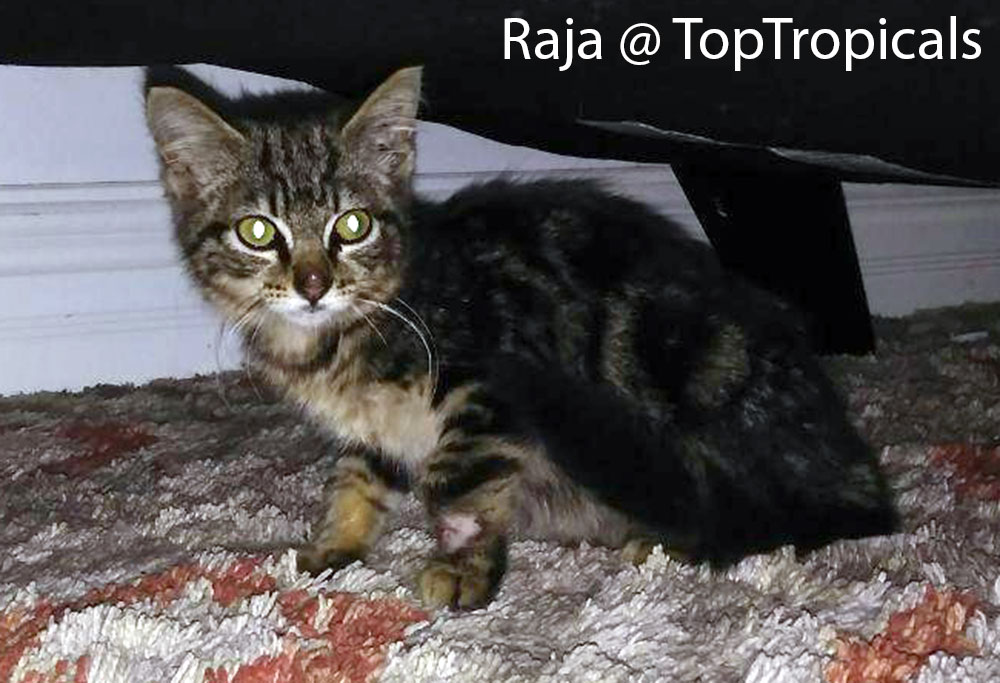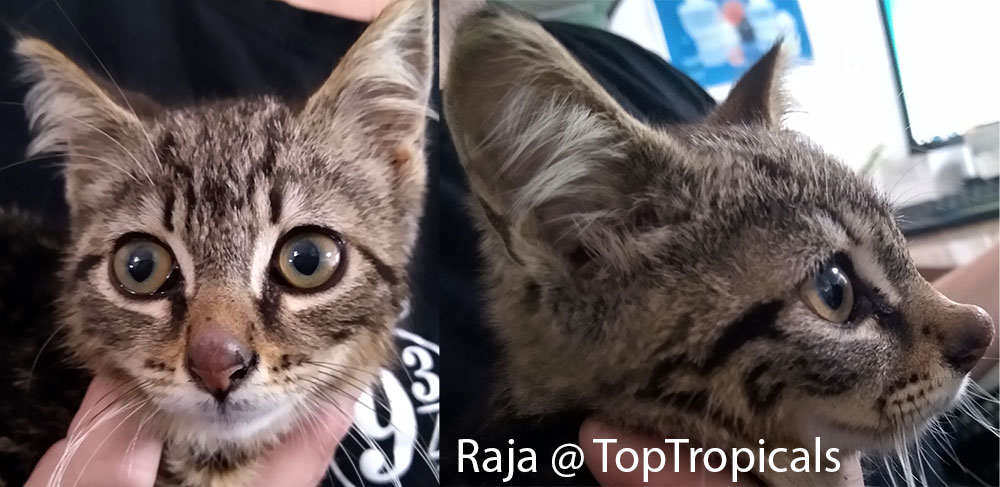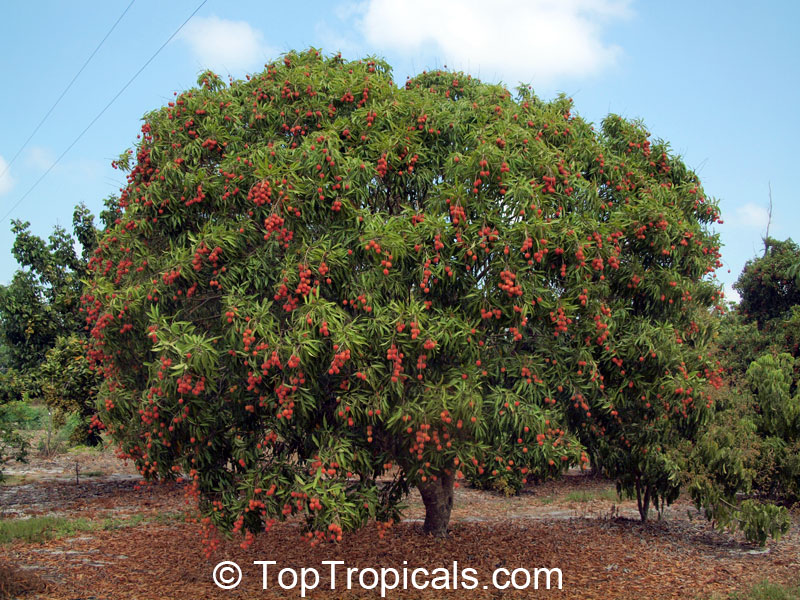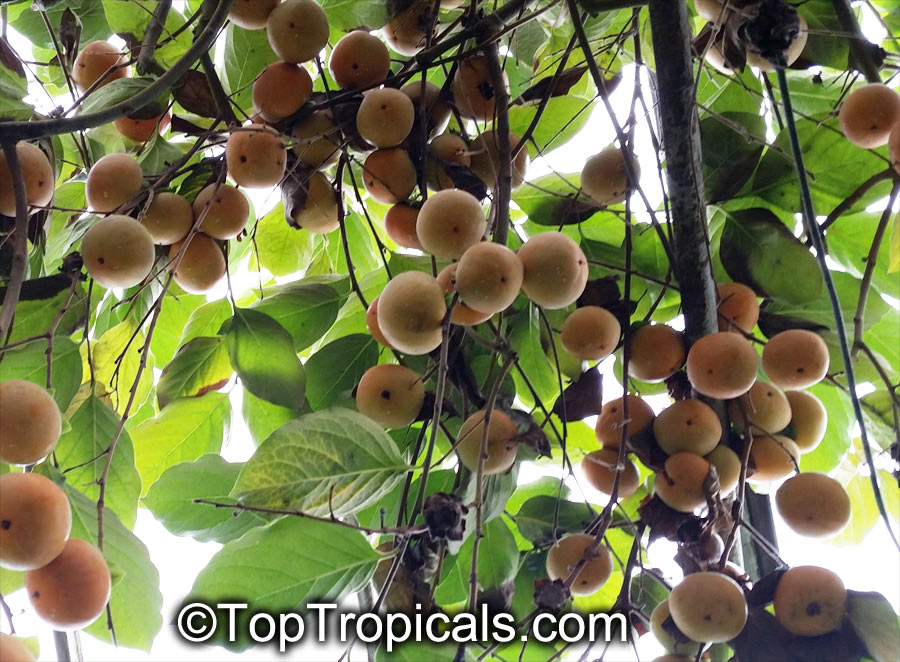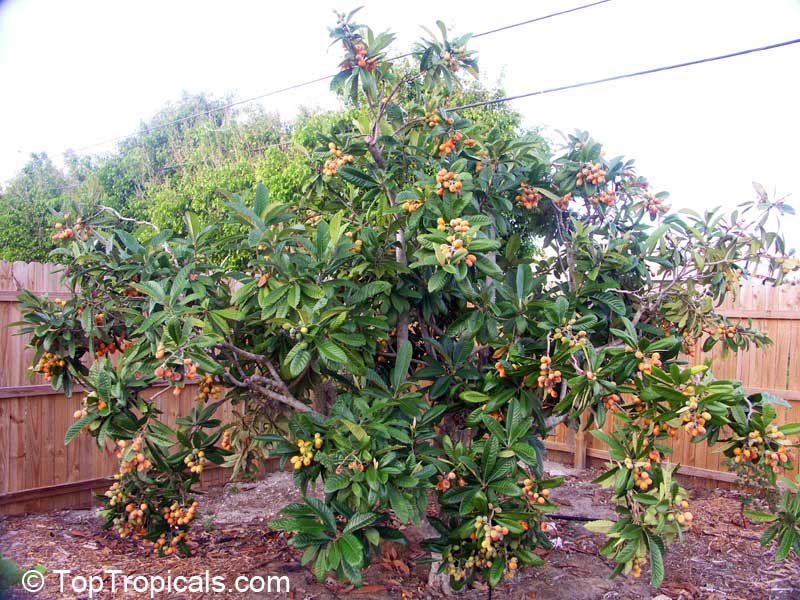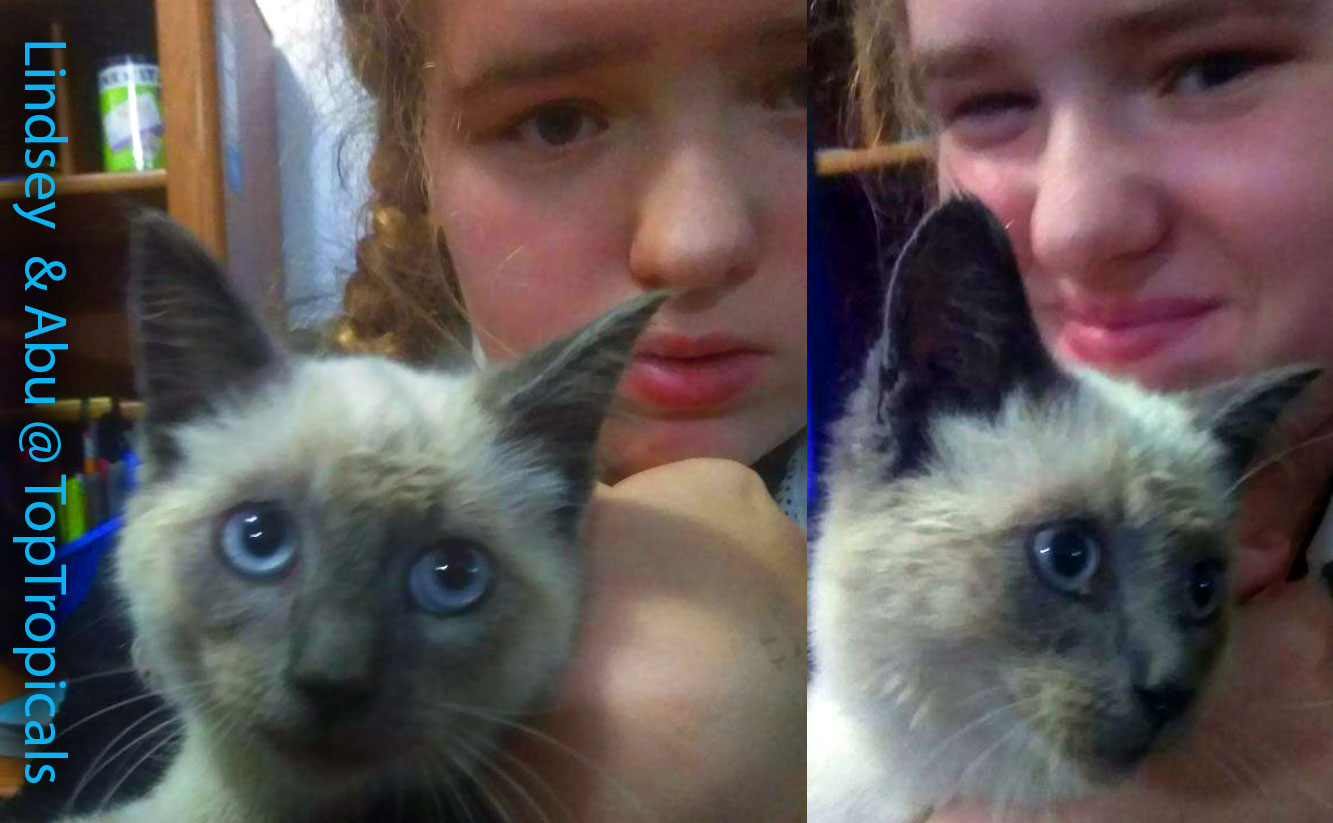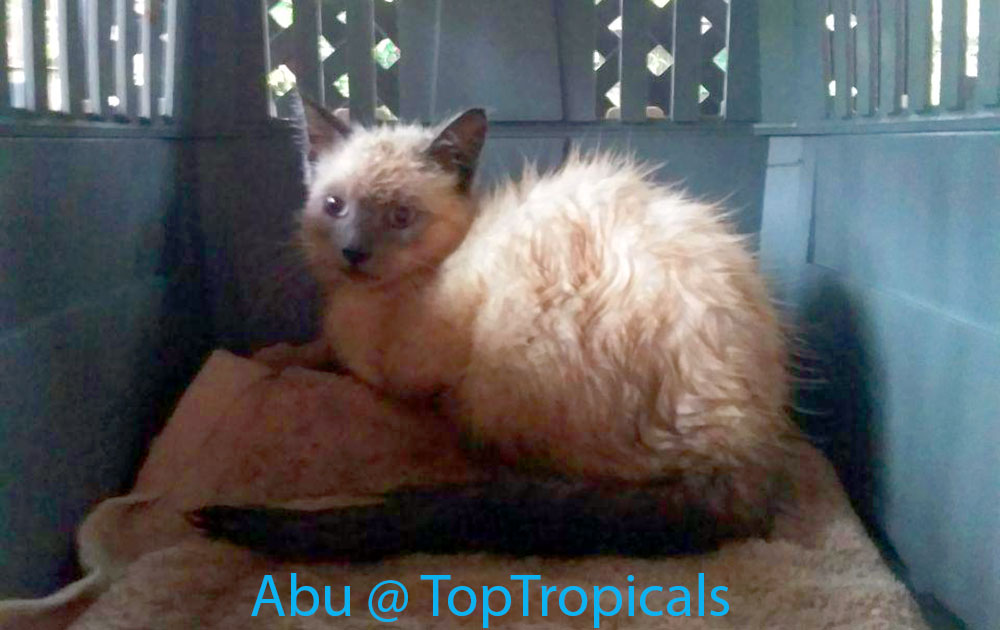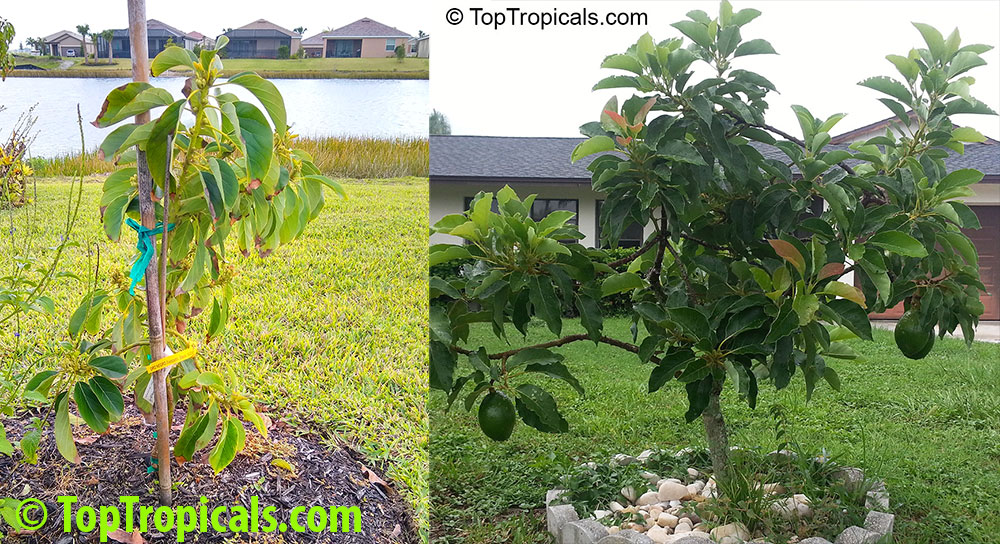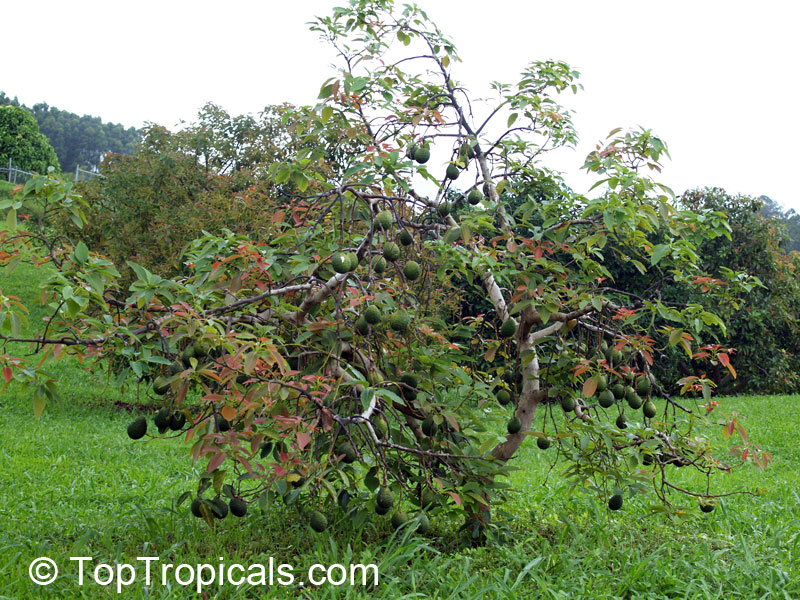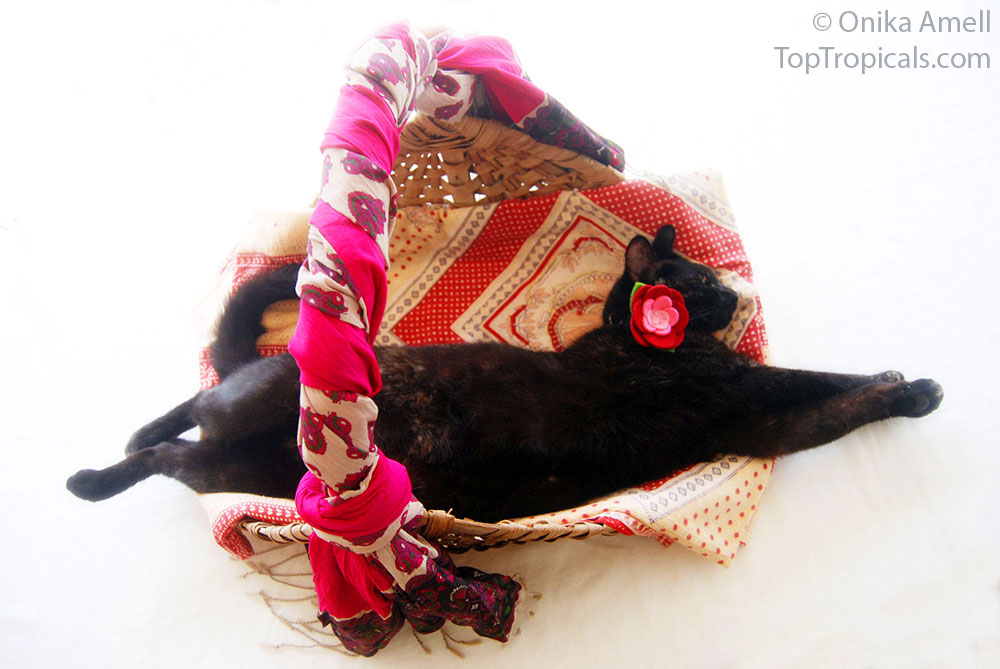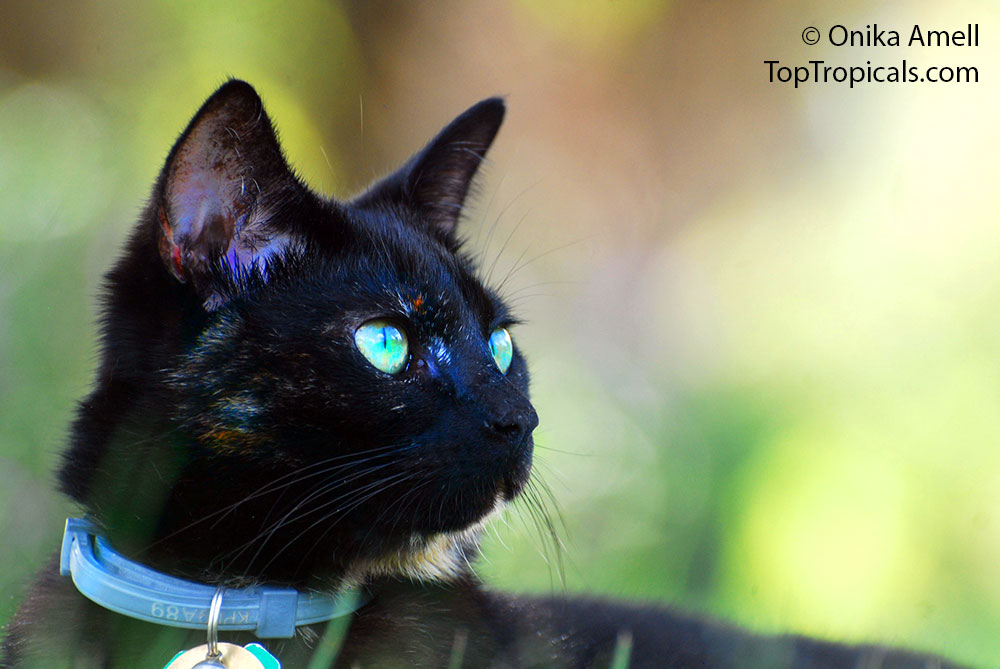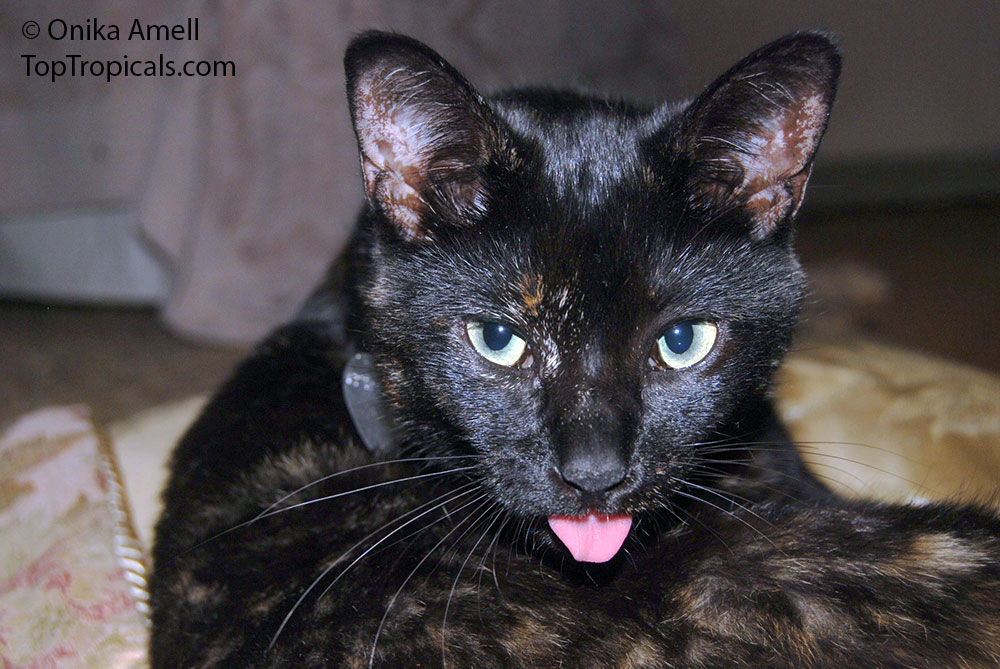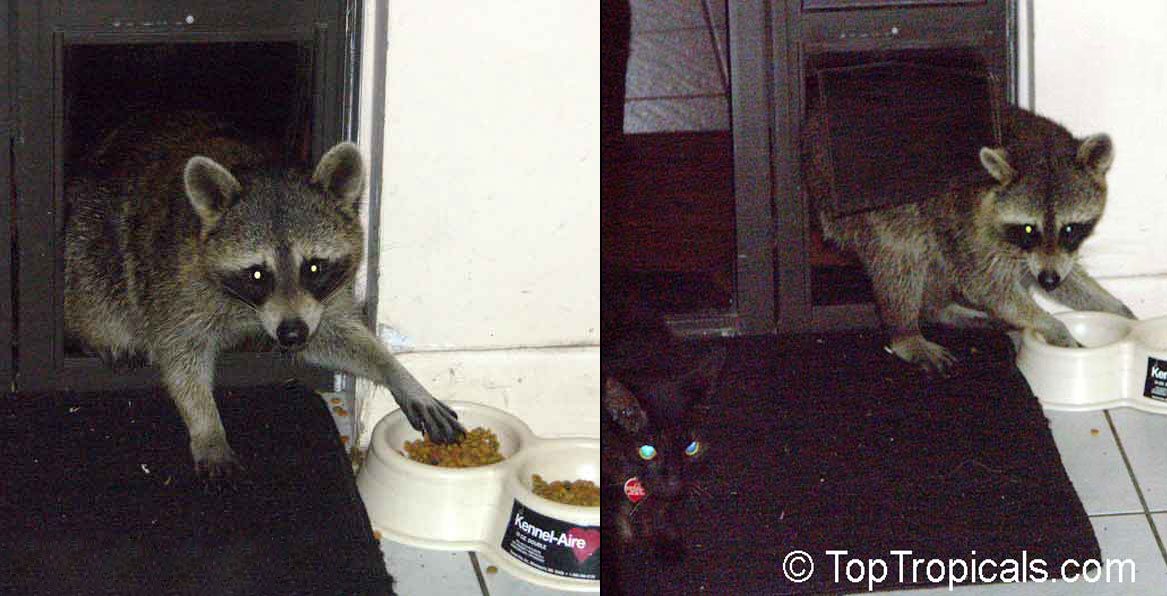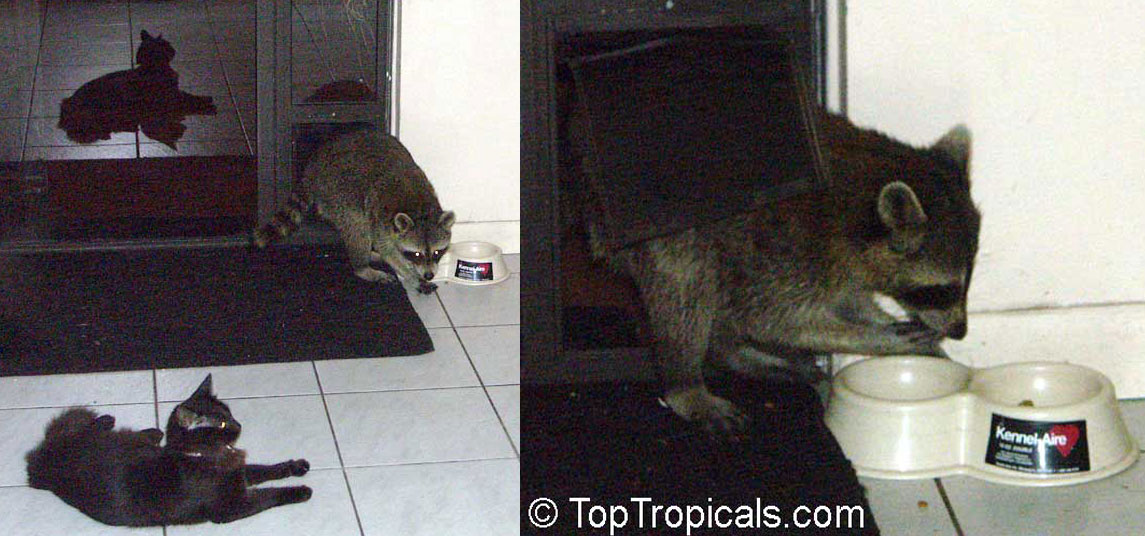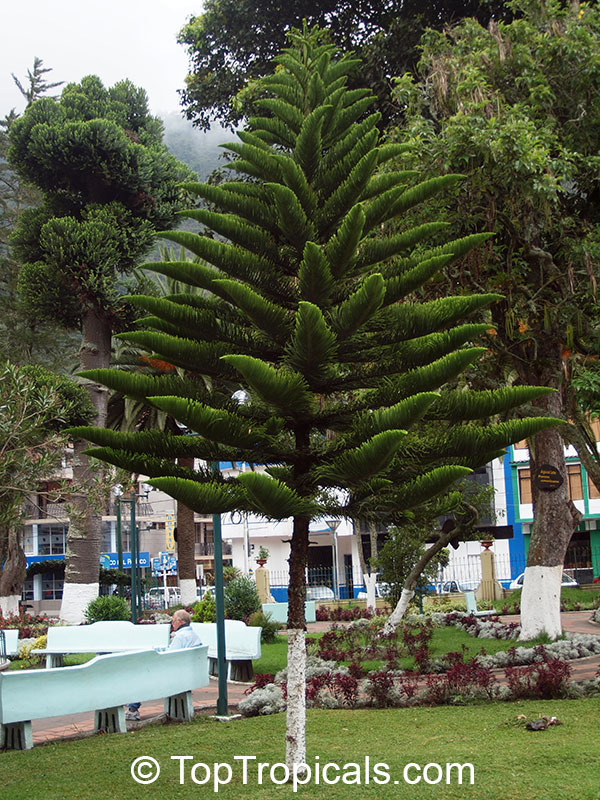When plants are ready for a meal?

Q: We have an early Spring here in Florida. All plants in my
garden flushing out new leaves and buds opening. Can I start fertilizing? I have
Mango, Avocado, Peach trees, many medicinal herbs and flowering shrubs: Angel
trumpets, plumerias, bromeliads. I prefer mild organic fertilizers; can you
suggest something that is safe for edibles and butterflies?
Q: As a rule of thumb, tropical gardeners start regular
fertilizing when the minimum temperatures (at night) go above 65F. Keep in mind that
Sunshine Boosters fertilizers can be applied year around because they
have mild formulas and used with every watering; during cooler period, you water
less frequently, so feeding is reduced accordingly. Another advantage of
Sunshine Boosters - they are natural (derived from organic amino acids which is
the basics of Life). They are safe for edibles as well as pollinating
insects.
Here is the feeding plan for your plants:
1. The most universal solution for all plants (both potted and
in-ground): get a complete set of Sunshine Boosters Pro system: Advantage-Pro for vegetative growth, BloomBoom Pro for flowering stage, and Ca-Support-Pro + Constanta-Pro as necessary daily supplements. You will need all these 4
components for your garden.
2. Start adding these liquid boosters with every watering according
to dozing directions and you will notice amazing growth boost within a
week.
3. Apply Sunshine Epi plant hormone every 2 weeks as a foliar spray to boost
immune system and metabolism of plants and protect them from diseases. Epi
makes plants (especially young plants and those "waking up" from dormancy)
grow twice faster! It also enhances effect of fertilizers by increasing plant
metabolism.
4. After cool winter temperatures, some plants may develop element
deficiencies like chlorosis (yellowing leaves). Additional microelement boost
can be provided with Sunshine Greenleaf (iron supplement) and Sunshine Superfood (micro-elements).
5. For additional boosting of flowering and setting fruit, use the
following individual boosters:
Sunshine Robusta - for foliage plants and when you need rapid vegetative
growth
Sunshine TotalFeed - for Plumerias and other fragrant plants
Sunshine Megaflor - for Brugmansias and other flowering heavy feeders
Sunshine C-Cibus - for improving fruit production and quality
Sunshine Honey - for sweeter fruit (must be applied 4-5 times a year)
6. For young/small plants (seedlings, rooted cuttings) as well as
tender tropicals like bromeliads, and orchids - Sunshine Bombino is a perfect choice due to its mild formula.
7. To save money, order complete sets rather than individual
boosters; you will be able to safe up to 40%! Sunshine Complete Nutrition System
Kits: Combo
Kit, and Pro Kit.
If you are a fan of organic gardening, do not use dry fertilizers. While
water-soluble and granulated (smart-realease) fertilizers are popular choice
in plant nurseries due to their convenience, they are not as safe as liquid
boosters because they create salt build-up in soil and have a high risk of
overdosing/burning plant roots, especially potted plants, plants at breaking
dormancy, at establishing, and at early stages of plant development. Besides,
dry fertilizers may affect the taste of your fruit and herbs. See advantages of liquid boosters over dry fertilizers.
Learn more
about Sunshine Nutrition System - a Natural solution for your garden.

